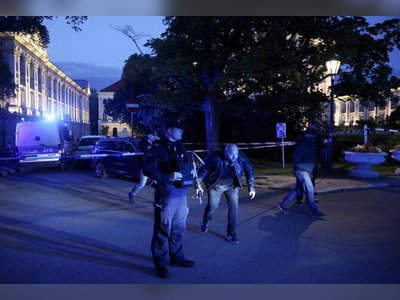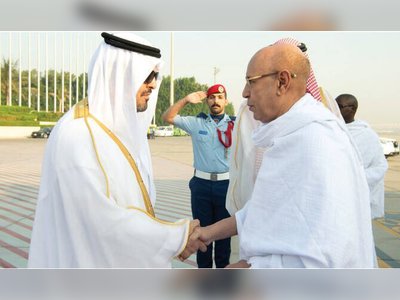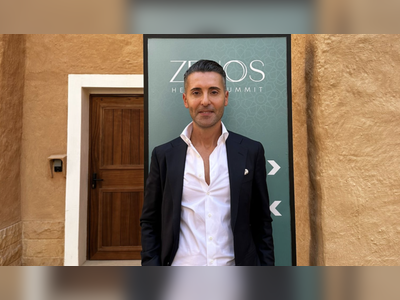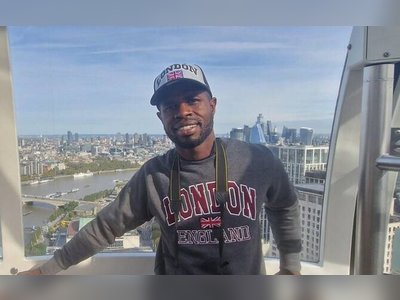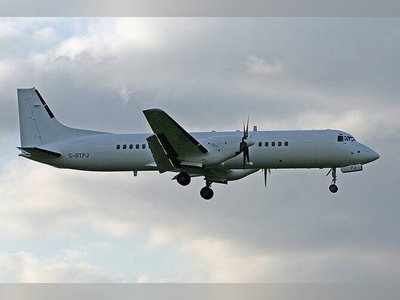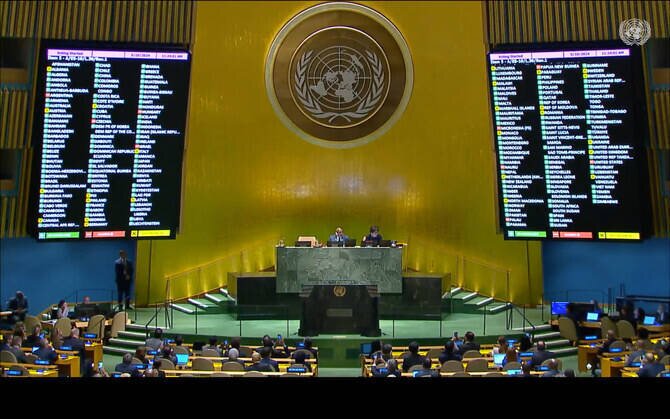
US Advocates Global Candidates for Upcoming UN Secretary-General Position
United States calls for diverse applicants to fill the role of the next UN secretary-general, potentially overshadowing Latin America's regional turn.
The selection process for the upcoming United Nations (UN) secretary-general is gaining momentum, with the United States advocating for a global pool of candidates.
This move, set against the backdrop of regional rotations for the position, may stir tensions particularly among Latin American nations who expect their turn to lead the world body.
The 10th UN Secretary-General will be elected in 2026 for a five-year term beginning on January 1, 2027.
Historically, the role has been rotated among regions, with the next slot traditionally falling to Latin America and the Caribbean.
However, the US Deputy UN Ambassador, Dorothy Shea, emphasized that the selection process should prioritize merit and diversity.
Deputy UN Ambassador from Panama, Ricardo Moscoso, expressed concern over this development, highlighting the potential oversight of developing-world leaders, especially those from Latin American and Caribbean regions.
His remarks came in the context of the upcoming formal nomination process, which involves a joint letter to be sent by the 15-member Security Council and the General Assembly President by the end of the year.
The final decision, however, rests with the five permanent members of the Security Council, who hold veto power.
Russia's UN Ambassador, Vassily Nebenzia, underscored that while it is a tradition for the position to rotate regionally, candidates from any region are eligible if they possess sufficient merit.
He also emphasized that merit should precede gender considerations in the selection process.
The push for a female secretary-general has been growing, as various countries believe it's long overdue for a woman to lead the UN.
Denmark's UN Ambassador, Christina Markus Lassen, stated that after 80 years, choosing a woman leader is past due.
International Crisis Group's UN Director, Richard Gowan, noted that the US administration sees this as an opportunity to shape the UN's future leadership.
While the race has not yet commenced officially, Chile and Costa Rica have announced their intentions to nominate Michelle Bachelet and Rebeca Grynspan, respectively, for the position.
Despite the United States' call for a global search, Latin American nations are expected to advocate strongly for their candidates as they view this as their moment to secure the role.
This move, set against the backdrop of regional rotations for the position, may stir tensions particularly among Latin American nations who expect their turn to lead the world body.
The 10th UN Secretary-General will be elected in 2026 for a five-year term beginning on January 1, 2027.
Historically, the role has been rotated among regions, with the next slot traditionally falling to Latin America and the Caribbean.
However, the US Deputy UN Ambassador, Dorothy Shea, emphasized that the selection process should prioritize merit and diversity.
Deputy UN Ambassador from Panama, Ricardo Moscoso, expressed concern over this development, highlighting the potential oversight of developing-world leaders, especially those from Latin American and Caribbean regions.
His remarks came in the context of the upcoming formal nomination process, which involves a joint letter to be sent by the 15-member Security Council and the General Assembly President by the end of the year.
The final decision, however, rests with the five permanent members of the Security Council, who hold veto power.
Russia's UN Ambassador, Vassily Nebenzia, underscored that while it is a tradition for the position to rotate regionally, candidates from any region are eligible if they possess sufficient merit.
He also emphasized that merit should precede gender considerations in the selection process.
The push for a female secretary-general has been growing, as various countries believe it's long overdue for a woman to lead the UN.
Denmark's UN Ambassador, Christina Markus Lassen, stated that after 80 years, choosing a woman leader is past due.
International Crisis Group's UN Director, Richard Gowan, noted that the US administration sees this as an opportunity to shape the UN's future leadership.
While the race has not yet commenced officially, Chile and Costa Rica have announced their intentions to nominate Michelle Bachelet and Rebeca Grynspan, respectively, for the position.
Despite the United States' call for a global search, Latin American nations are expected to advocate strongly for their candidates as they view this as their moment to secure the role.

